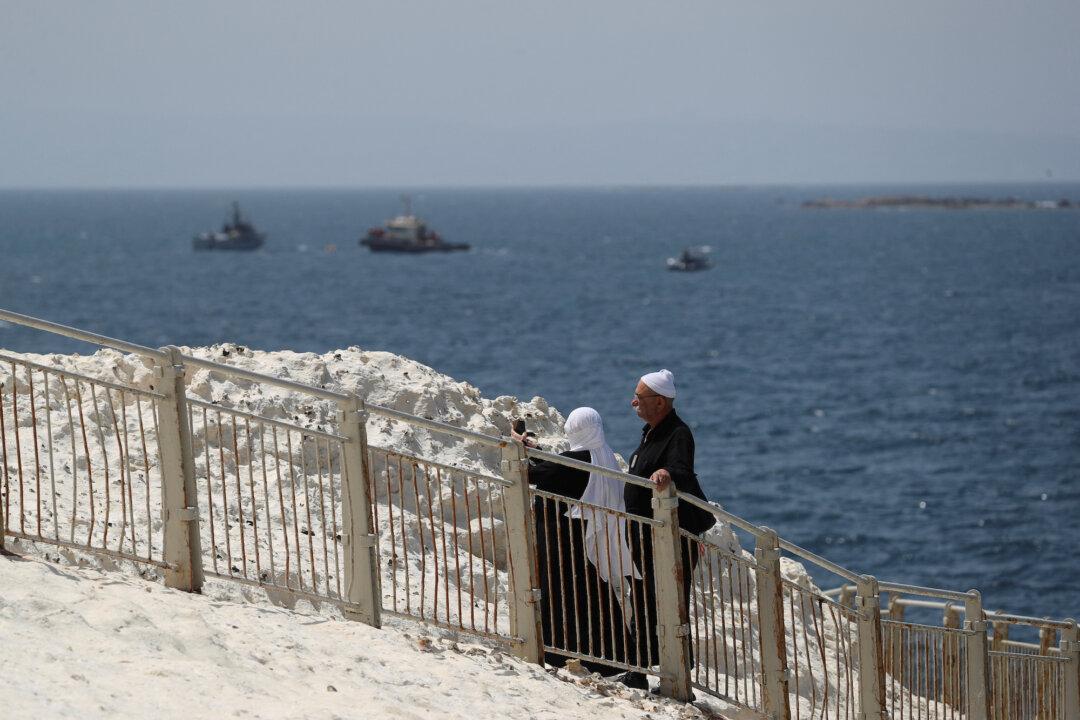Israel and Lebanon have reached a U.S.-mediated agreement settling a long-running maritime border dispute and delineating the two countries’ economic waters in the Mediterranean Sea.
The deal, which has the potential to unlock additional natural gas production in the Mediterranean at a time of global energy flow disruptions, was finalized on Oct. 11, according to both Israeli and Lebanese officials.





